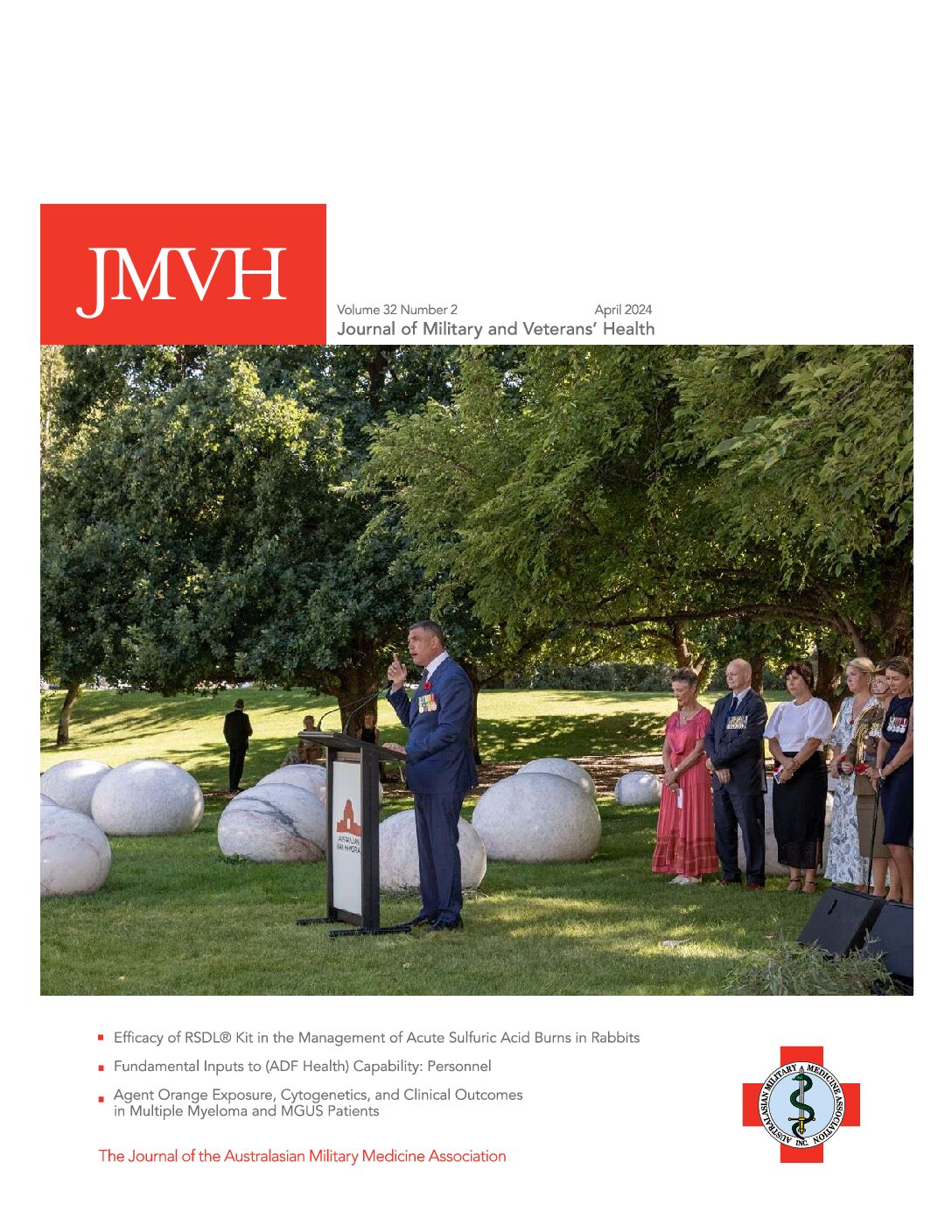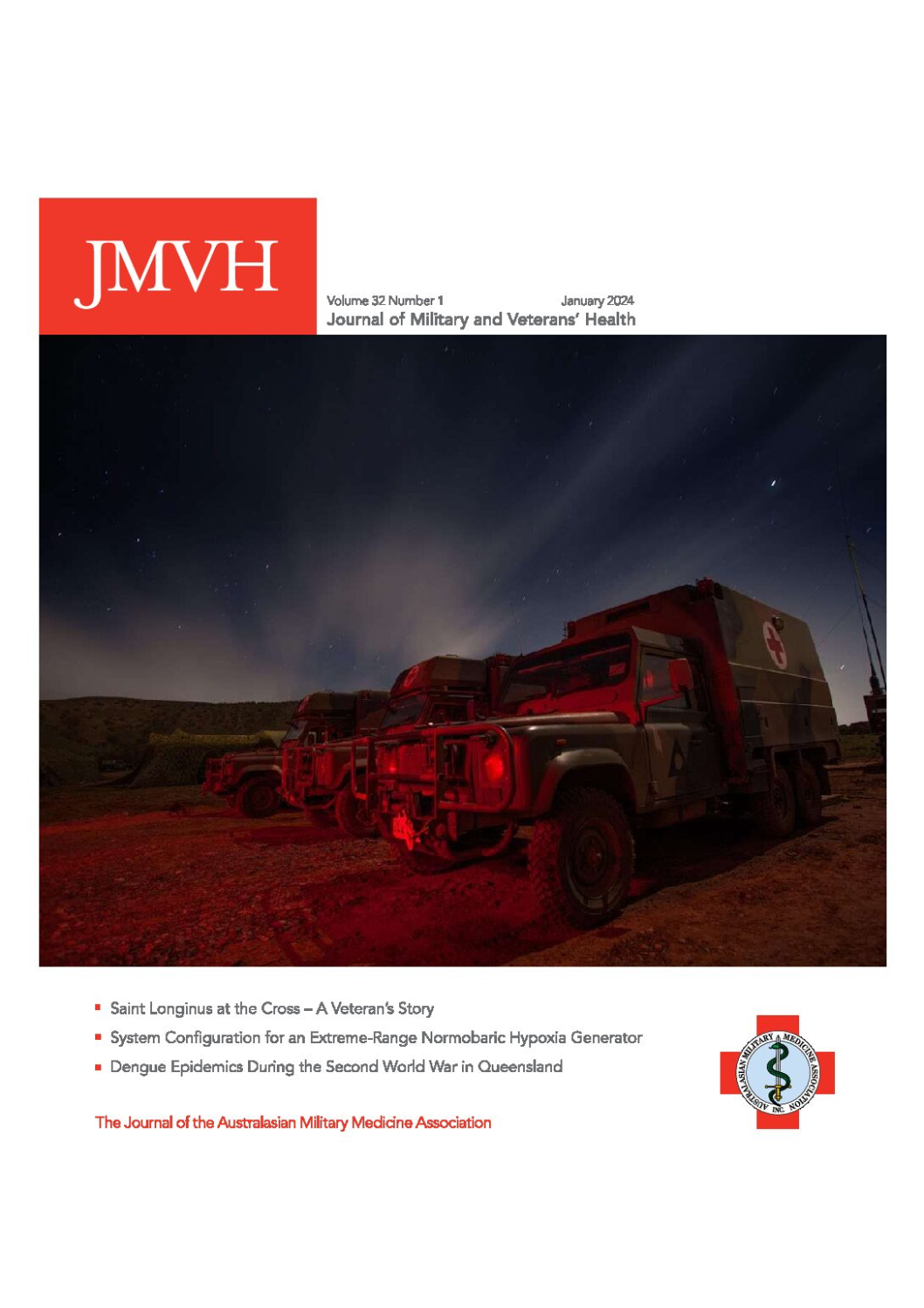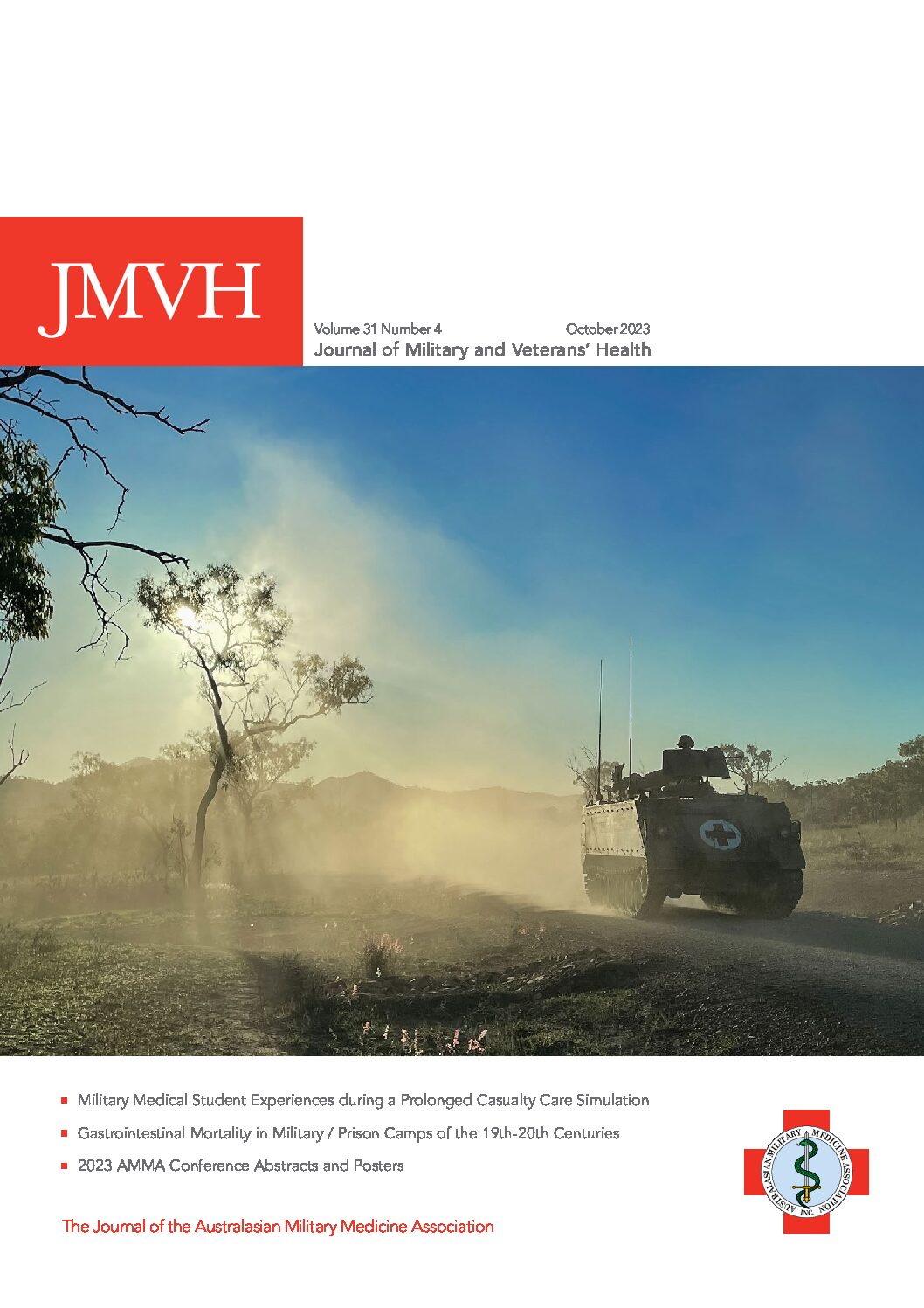Commander Neil Westphalen, Royal Australian Navy Reserve
Rick Jolly (29 October 1946 – 13 January 2018, of complications from a heart condition) was the only serviceman to be honoured by both the British and the Argentinians for his service in the 1982 Falklands War. This reflected his leadership of the field hospital that successfully treated over 1,000 casualties during the conflict (including 300 Argentinians), and his subsequent reconciliation of the erstwhile combatants.
A large jovial extrovert, Richard Tadeusz Jolly was born in Hong Kong, the son of a Polish gunner held as a prisoner of war by the Japanese for five years; his mother was an ambulance driver. He was educated at Stonyhurst College, Lancashire, and studied medicine at St Bartholomew’s Hospital, London, qualifying as a doctor in 1969. He joined the Royal Navy on a five-year short-service commission, and completed the Royal Marine commando course in 1972.
As a young medical officer attached to 42 Commando in Belfast during ‘The Troubles’, he insisted on going out on street patrols to be on hand if casualties occurred. He then completed two tours with the Fleet Air Arm as an AvMO, followed by medical officer Royal Naval College, Dartmouth. After a short break in service, he took over the Royal Marine Medical Squadron in 1980.
In April 1982, the then Surgeon Commander Jolly was the Senior Medical Officer of 3 Commando Brigade, a force of around 5,500 Royal Marines. He began his central role within hours of the Argentinian invasion, as part of a team that secretly flew to Gibraltar to assess how the requisitioned cruise liner SS Canberra might be adapted for military purposes. Later, as Canberra sailed south, he organised first aid classes for the embarked marines and paratroopers, although his enthusiasm for gory trauma slides was apparently not always to their taste.
His plan to use Canberra as a floating field hospital in San Carlos Water, on the western coast of East Falkland, was abandoned after her vulnerability to air attack became apparent. Instead he was directed, with only 90 minutes’ notice, to set up a field hospital in a derelict meat-processing plant at Ajax Bay. Over the next three weeks, the ‘Red and Green Life Machine’ performed more than 200 operations on casualties from both sides, often working through the night by torchlight in freezing surroundings. As a nearby ammunition dump meant a Red Cross could not be displayed, the plant was hit by two 240kg bombs, which remained unexploded in the roof throughout the campaign.
[See photo in download]On 21 May, while Argentinian jets continued to attack the British Task Force in San Carlos Water, he set out in a Wessex helicopter to evacuate casualties from the frigate Argonaut. En route, three survivors from the burning frigate Ardent were spotted, one in danger of drowning. Despite not wearing an immersion suit, Jolly insisted on being winched down to rescue them from the freezing water. Later that day, he flew three young Argentinian conscripts to Canberra for surgical treatment. Like many of their comrades in the weeks ahead, they had expected to be tortured, and found it difficult to accept that they were being cared for with the same dedication as their foes.
As the British advanced towards the capital, Stanley, Jolly’s team established smaller medical stations at Teal Inlet, to the north, and Fitzroy, to the south. In all, over 650 combat casualties from both sides passed through their hands, of whom only three died of wounds. He brooked no interservice nonsense, by making it clear that their 5000 ‘potential customers’ didn’t care who treated them.
[See photo in download]Having been awarded an OBE, Jolly retired from the Navy in 1996. That year, with a former paratrooper, Denzil Connick, he co-founded the South Atlantic Medal Association (SAMA), which launched a campaign to highlight the problems of posttraumatic stress disorder among Falklands veterans. He also took up a defence fellowship at University College London, to study the effects of biological and chemical warfare on ships’ crews.
In 1999, Jolly stood in Buenos Aires in front of more than 50 Argentinian veterans, some of whom he had personally treated, to receive the Orden de Mayo, one of the country’s highest honours.
His bestselling account of the South Atlantic conflict, The Red and Green Life Machine: A Diary of the Falklands Field Hospital, was published in 1983. His other books include For Campaign Service, a novel about British service personnel in Northern Ireland (under the pseudonym Christopher Hawke); Jackspeak: A Guide to British Naval Slang and Usage, and In-Confidence: The Jackspeak Triservice Guide to Staff Reporting. The latter two are hysterical – if at times perhaps rather close-to-the-bone – examples of contemporary Service humour.
Notwithstanding his lack of contact with the Australian Navy or broader ADF Jolly’s participation in the ‘Falklands Campaign: Medical Lessons’ Symposium at the Royal College of Surgeons. London, on 17-18 February 1983, had a profound effect on the RAN’s seagoing surgical capability, following the decommissioning of the aircraft carrier Melbourne. These lessons were instrumental for the deployment of the three RAN Task Group Medical Support Elements to USNS Comfort for the 1991 Gulf War.
Although it was not possible to meet Rick, the author had the privilege of speaking to him during a visit to London in 2013, by phone to his home in Cornwall. His practical experience of providing health support for amphibious operations personally proved exceptionally helpful, with respect to the then imminent entry into service of the LHDs Adelaide and Canberra.
Perhaps more importantly, Rick Jolly should be considered an internationally-recognised exemplar of military medical ethics. He told Britain’s Sunday Mirror in 2012:
“Our attitude was simple: to treat the injured Argentinians in a way we would like to be treated. Before the battle of Trafalgar Nelson wrote a prayer in his cabin, saying: ‘May humanity after victory be the predominant feature in the British Fleet’. As a naval officer those words meant a lot to me, so looking after the enemy’s wounded as though they were your own was instinctive.
People assume you’ve got to hate your enemy but that couldn’t be further from the truth. The only people who know what you’re going through are the people on the other side.
Over the years I’ve been asked what I’d do if I had to choose who to treat first, an Argentinian or a Brit. My answer was always whoever needed attention more urgently. As far as I am concerned you have to be able to look into your soul and like what you find there.”
Rick is survived by his wife Susie (nee Matthews), a former children’s nurse, whom he married in 1970. Their son, James, predeceased him aged 17.






